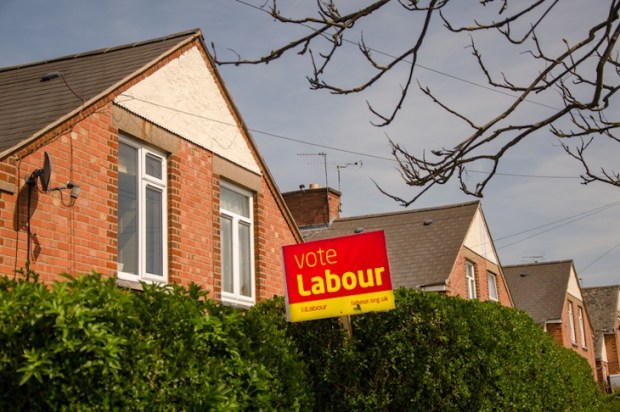It was news to me that there exists an All Party Commons Committee on Alcohol Misuse, but when you think about it, the notion makes complete sense; for evidence, all they need do is nip down the nearest corridor to talk to colleagues hanging out in any of the several bars in parliament. The members of the committee have now suggested that bottles of alcohol should carry health warnings. It’s all a bit American, isn’t it? Over there, they treat alcohol as part of the substance abuse spectrum, with crack cocaine a bit of the way down from gin. I suppose it does no harm to point out that drinking to excess can play havoc with your liver, and the existing exhortations on spirits — Please Enjoy This Bottle Responsibly — are, I’d say, next to useless.
But it doesn’t quite make the point that ‘alcohol’ is not an adequate description for a substance that ranges from a nice Pinot Noir to Barcardi Breezer. It’s like putting warnings on all fat products, ignoring the perfectly obvious distinction between horrible ‘trans fats’, and a nice bit of olive oil or butter. Nor does ‘alcohol’ make the point sufficiently well that the right sort of alcohol, in moderation, may well be perfectly good for you, whereas the bad stuff, taken in quantity, will kill you.
Actually, Edwin Poots, Northern Ireland health minister, is talking rather more sense when he suggests, ever so tentatively, that alcohol abusers ought to pay the NHS for dealing with their excesses. I can see the obvious objections to the moralism implicit in all this — if you’re going for the drinkers, why not the promiscuous for their interesting STD problems? — but I’m all for a bit of moralism myself. Charging alcohol abusers for their costs to the health service usefully identifies the bad drinkers, while leaving those of us who can handle the ill-effects of too much to drink at home unaffected. A charge would, I’d say, be rather more effective as a health warning than any amount of labelling.







Comments